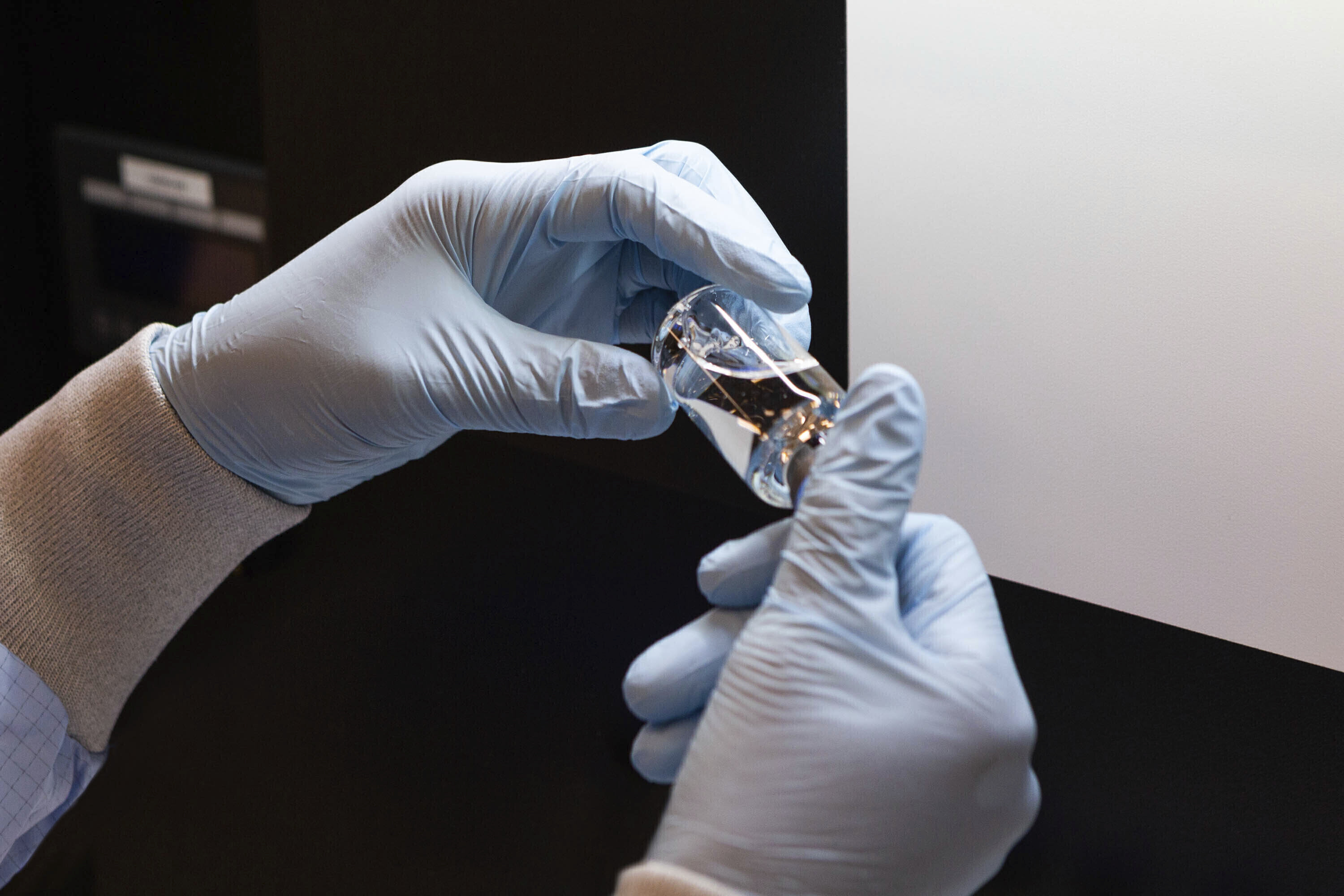Report: COVID-19 patients are responding quickly to experimental drug remdesivir


A free daily email with the biggest news stories of the day – and the best features from TheWeek.com
You are now subscribed
Your newsletter sign-up was successful
In Chicago, COVID-19 coronavirus patients participating in a clinical study of the antiviral medicine remdesivir are experiencing quick recoveries from their respiratory and fever symptoms, Stat News reported Thursday.
Remdesivir was developed by Gilead Sciences to treat Ebola. The company is conducting two global studies — the severe COVID-19 study includes 2,400 patients at 152 trial sites, and the moderate COVID-19 study has 1,600 patients at 169 sites. The trials are investigating five- and 10-day treatment courses of remdesivir, and aim to have a statistical comparison of improvement between them.
University of Chicago Medicine is one of the hospitals participating, with 125 COVID-19 patients — 113 of them with severe symptoms — taking part in two Phase 3 clinical trials, receiving daily infusions of remdesivir. Stat has obtained video of Kathleen Mullane, the University of Chicago's infectious disease specialist who is overseeing the studies, sharing with her colleagues updates on the trials, including how nearly all of the patients have been discharged in less than a week.
The Week
Escape your echo chamber. Get the facts behind the news, plus analysis from multiple perspectives.

Sign up for The Week's Free Newsletters
From our morning news briefing to a weekly Good News Newsletter, get the best of The Week delivered directly to your inbox.
From our morning news briefing to a weekly Good News Newsletter, get the best of The Week delivered directly to your inbox.
Only two patients have died, she said, and when the drug is started, "we see fever curves falling." Mullane also shared that people have "come off ventilators a day after starting therapy. So, in that realm, overall our patients have done very well." Most patients leave the hospital after six days, she added, "so that tells us duration of therapy doesn't have to be 10 days. We have very few that went out to 10 days, maybe three."
The hospital's trials do not include a placebo group, and Stat notes that it is "impossible to determine the full study results with any certainty. Still, no other clinical data from the Gilead studies have been released to date, and excitement is high." Read more at Stat News.
A free daily email with the biggest news stories of the day – and the best features from TheWeek.com
Catherine Garcia has worked as a senior writer at The Week since 2014. Her writing and reporting have appeared in Entertainment Weekly, The New York Times, Wirecutter, NBC News and "The Book of Jezebel," among others. She's a graduate of the University of Redlands and the Columbia University Graduate School of Journalism.
-
 How the FCC’s ‘equal time’ rule works
How the FCC’s ‘equal time’ rule worksIn the Spotlight The law is at the heart of the Colbert-CBS conflict
-
 What is the endgame in the DHS shutdown?
What is the endgame in the DHS shutdown?Today’s Big Question Democrats want to rein in ICE’s immigration crackdown
-
 ‘Poor time management isn’t just an inconvenience’
‘Poor time management isn’t just an inconvenience’Instant Opinion Opinion, comment and editorials of the day
-
 Trump HHS slashes advised child vaccinations
Trump HHS slashes advised child vaccinationsSpeed Read In a widely condemned move, the CDC will now recommend that children get vaccinated against 11 communicable diseases, not 17
-
 FDA OKs generic abortion pill, riling the right
FDA OKs generic abortion pill, riling the rightSpeed Read The drug in question is a generic version of mifepristone, used to carry out two-thirds of US abortions
-
 RFK Jr. vaccine panel advises restricting MMRV shot
RFK Jr. vaccine panel advises restricting MMRV shotSpeed Read The committee voted to restrict access to a childhood vaccine against chickenpox
-
 Texas declares end to measles outbreak
Texas declares end to measles outbreakSpeed Read The vaccine-preventable disease is still spreading in neighboring states, Mexico and Canada
-
 RFK Jr. shuts down mRNA vaccine funding at agency
RFK Jr. shuts down mRNA vaccine funding at agencySpeed Read The decision canceled or modified 22 projects, primarily for work on vaccines and therapeutics for respiratory viruses
-
 Measles cases surge to 33-year high
Measles cases surge to 33-year highSpeed Read The infection was declared eliminated from the US in 2000 but has seen a resurgence amid vaccine hesitancy
-
 Kennedy's vaccine panel signals skepticism, change
Kennedy's vaccine panel signals skepticism, changeSpeed Read RFK Jr.'s new vaccine advisory board intends to make changes to the decades-old US immunization system
-
 Kennedy ousts entire CDC vaccine advisory panel
Kennedy ousts entire CDC vaccine advisory panelspeed read Health Secretary RFK Jr. is a longtime anti-vaccine activist who has criticized the panel of experts
